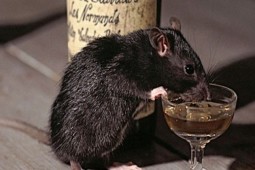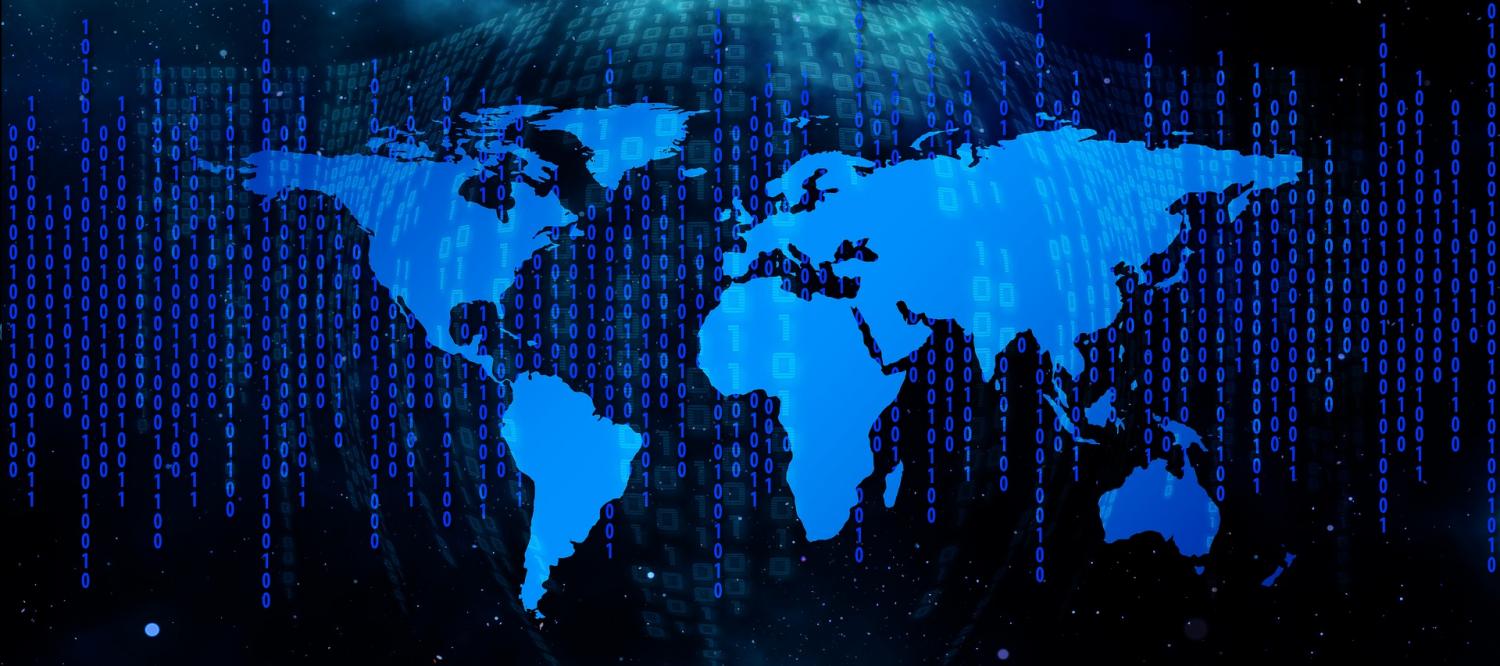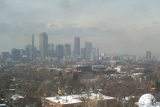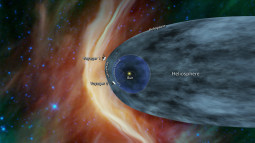
Voyager Passes Through the Heliopause (Starts 1:00) LASP scientist Fran Bagenol explains how the over 40 year old Voyager Mission, that launched in the 1970s is still providing incredible surprises, including passing through the border between the solar system and “outer space.” As part of making that journey, the Voyager spacecraft have passed through cosmic plasma that has temperatures of 60,000 F. Bagenol will explain how that’s possible . . . and why Voyager could pass through that incredible heat unscathed. Fiske Planetarium will present a special show about Voyager in March.

Boulder Xmas Bird Count (Starts 13:45) Naturalists Steve Jones and Scott Seevers explain how to join Boulder’s December 15th Xmas bird count, and why the scientific data gathered by citizens during this event is so important. All ages are welcome , and all regions have these counts, from Boulder to beyond. For more info, go here.
Host/Producer/Engineer: Shelley Schlender
Additional Contributions: Joel Parker
Executive Producer: Joel Parker
Podcast: Play in new window | Download (Duration: 26:31 — 24.3MB)
Subscribe: RSS





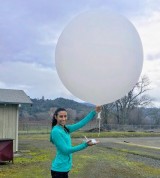
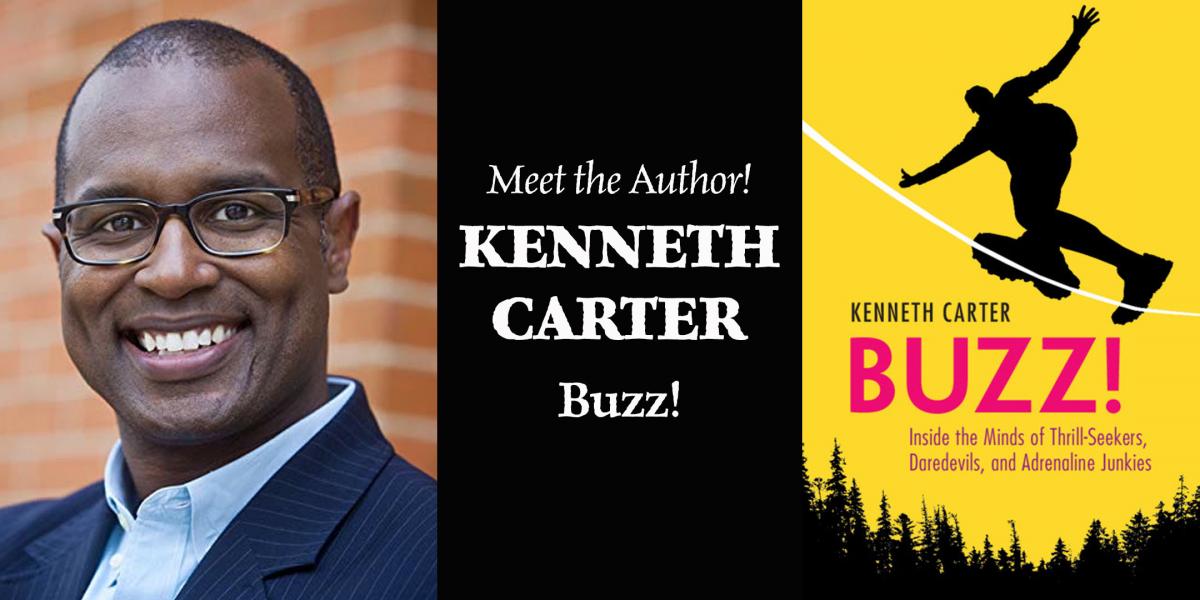
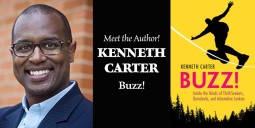
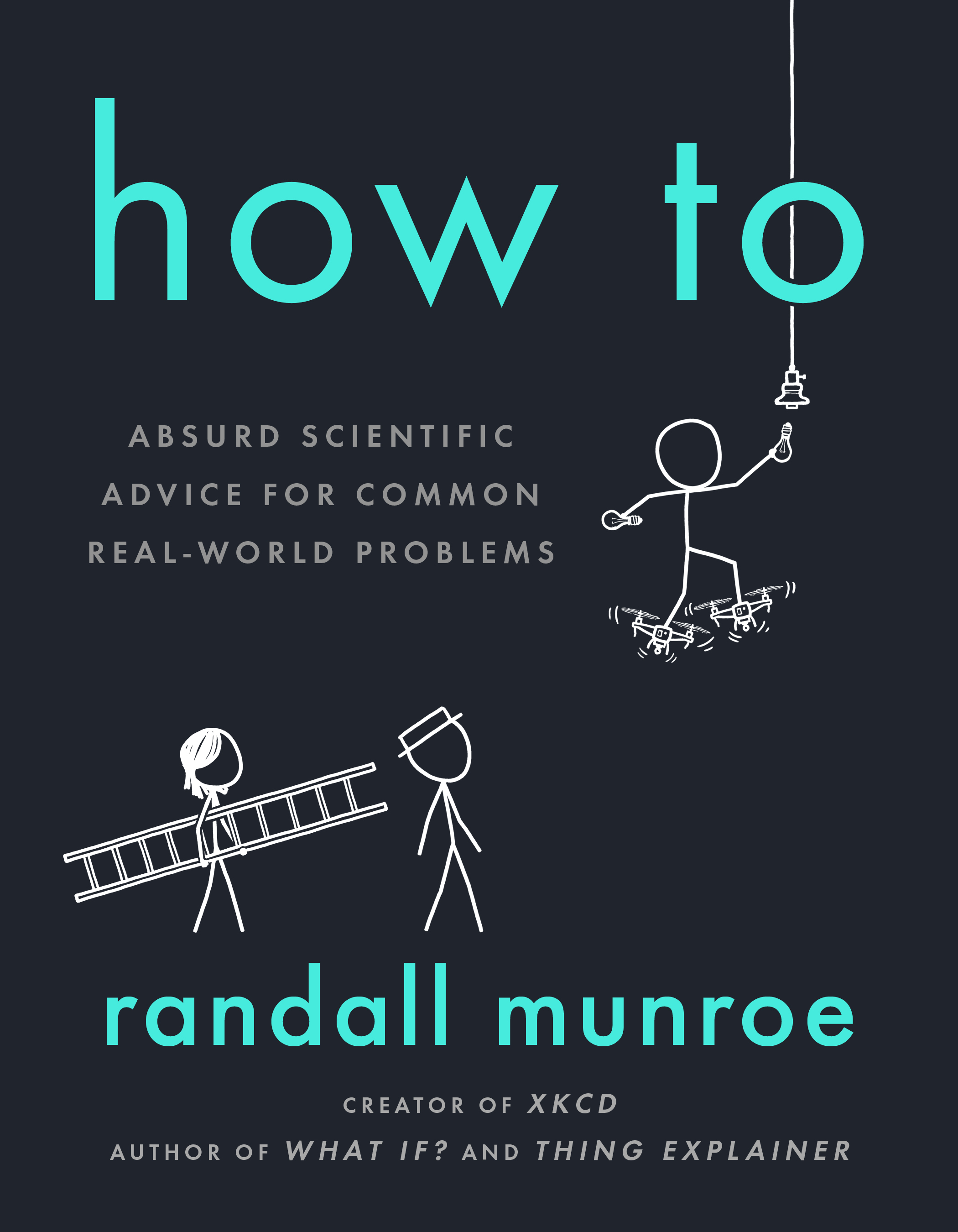
 How To [starts at 4:30]
How To [starts at 4:30] 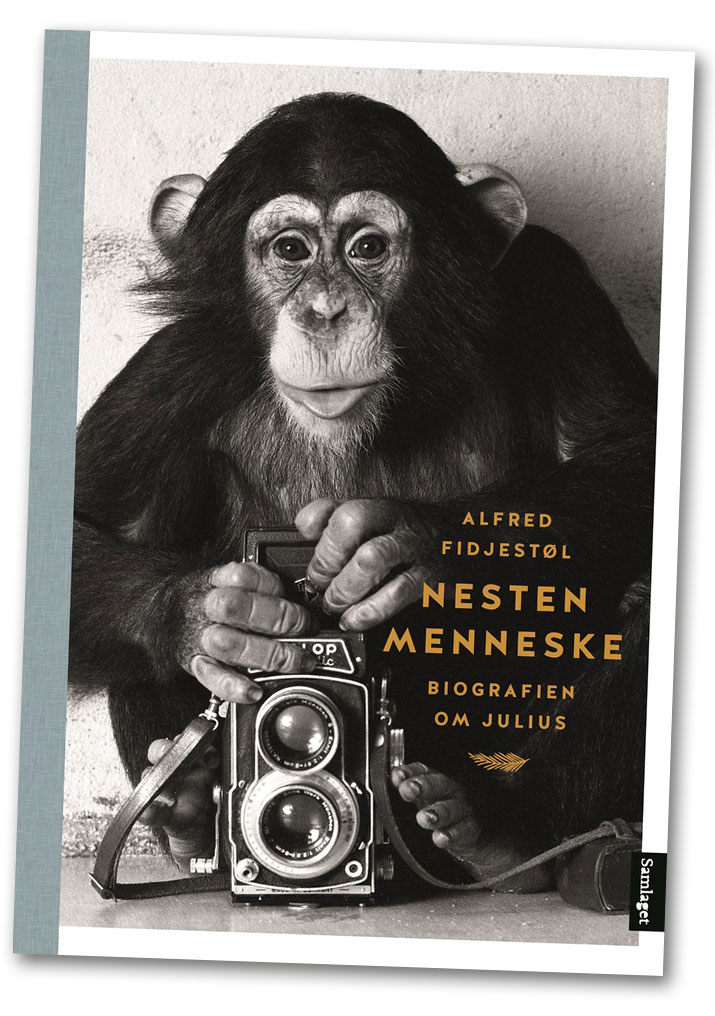
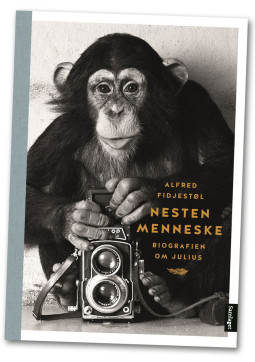
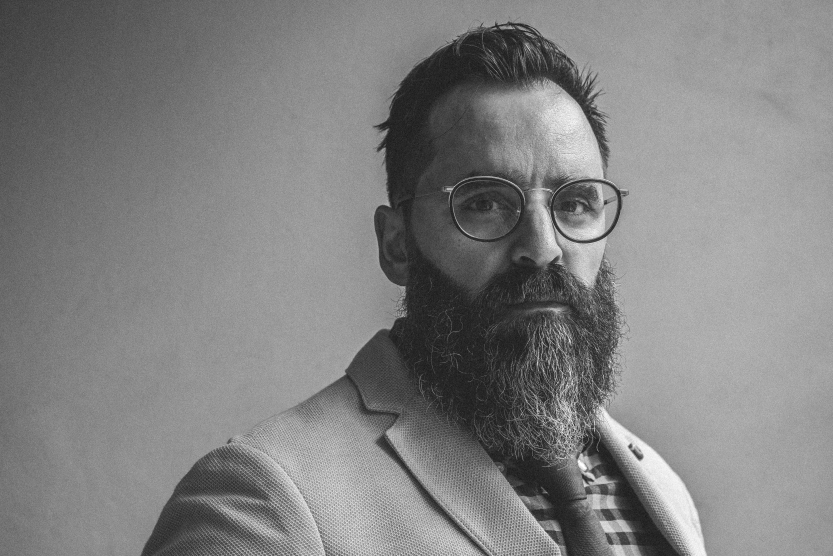
 We talk with
We talk with 
